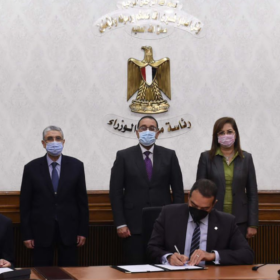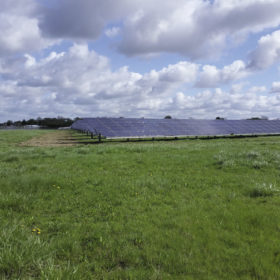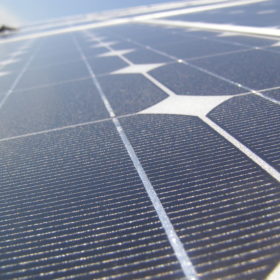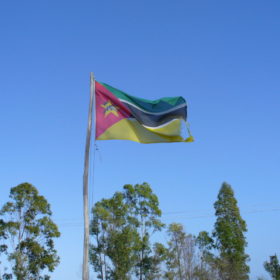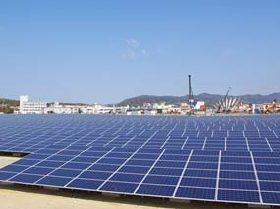SEG Solar signs land deal to make solar cells, wafers, modules in Indonesia
SEG Solar has secured a land-use agreement for a solar-focused manufacturing site in an industrial zone on the Indonesian island of Java. The $500 million plan will involve the production of 5 GW of silicon wafers, 5 GW of solar cells, and 5 GW of PV modules.
Alencon Systems releases new centralized DC:DC converter
Alencon’s CUBE system is a PV- and storage-compatible converter, with capacity ratings starting from 430 kW.
Scatec to install up to 100 MW of green hydrogen capacity in Egypt
Norwegian renewables specialist Scatec has revealed plans to collaborate with Fertiglobe and the Sovereign Fund of Egypt on the development of a green hydrogen plant in Egypt with an electrolyzer ranging from 50 MW to 100 MW.
Octopus Energy, RES to invest in UK green hydrogen economy
Octopus Energy and RES have announced a new partnership under which they plan to invest GBP 3 billion in the construction of green hydrogen plants throughout the United Kingdom by 2030.
Austria’s CCE Solar Invest nails financing for 600 MW in Italy
CCE Solar Invest GmbH has secured financing to build 600 MW of PV capacity in Italy.
7C Solarparken set to acquire EnerVest Belgium
PV developer 7C Solarparken has revealed plans to acquire the renewables unit of EnerVest. In a related deal, it has also expanded its PV portfolio to 256 MWp with an investment in three projects in Germany.
EDP acquires stake in Brazilian distributed-gen PV company
Portuguese utility EDP has agreed to buy a minority stake of up to 40% in Brazil’s Blue Sol Participações.
Solarcentury to install 11.2 MW of solar, 8.5 MW battery at Mozambique mine
Australia’s Syrah Resources has signed a deal with Solarcentury to install 11.2 MW of solar and an 8.5 MW battery storage system at a mine in Mozambique.
Uzbekistan announces second phase of 500 MW solar tender
Uzbekistan’s Ministry of Energy has revealed plans to launch a new solar tender in early 2021. Separately, the Asian Development Bank signed a deal last week to provide up to $175 million in loans to back the development of another 100 MW solar project in the country.
Orix to buy 80% stake in Spain’s Elawan Energy
Japanese financial services giant Orix has agreed to buy an 80% stake in Spain’s Elawan Energy, as part of its plans to develop solar and wind projects.


